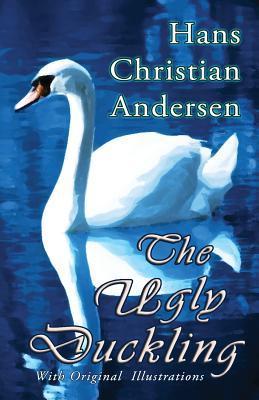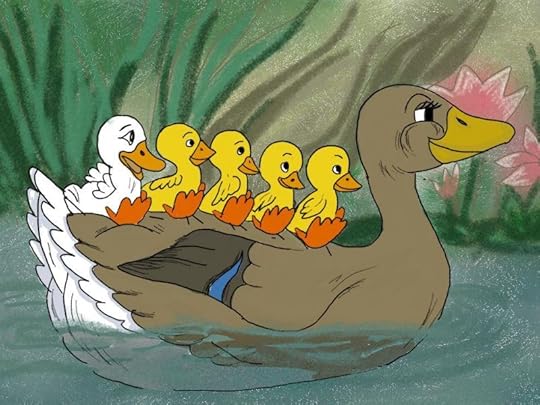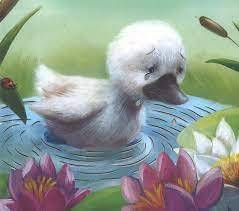What do you think?
Rate this book


38 pages, Paperback
First published November 11, 1843



🐣
I gave it 5 stars because the story touches my soul. I lived the experience of feeling “different” in Catholic school, wanting something but not deserving it ä la a girlfriend. Eventually I’ve realized that I’m better off single!
What matters in life is NOT your identity, but what you do to make a difference. 🤓

